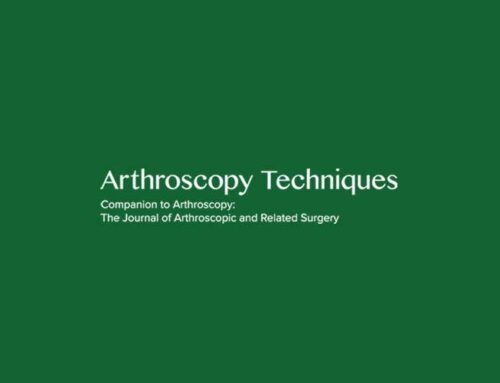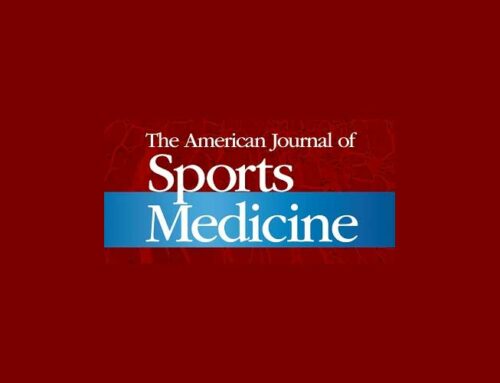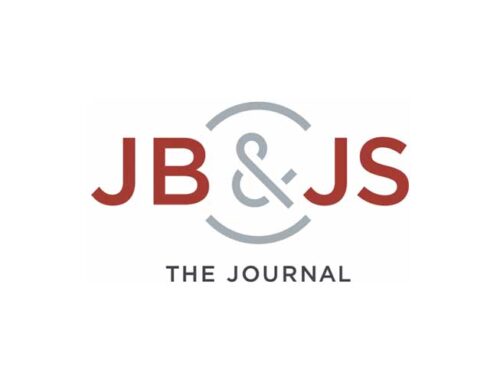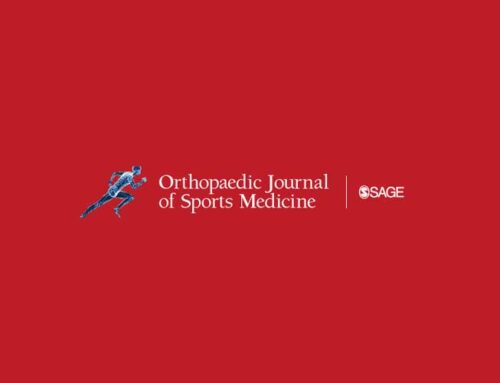PURPOSE:
To define minimal clinically important difference (MCID) and substantial clinical benefit (SCB) for adolescents undergoing arthroscopic femoroacetabular impingement (FAI) surgery.
METHODS:
A prospective institutional hip preservation registry was reviewed to identify hip arthroscopies performed for FAI. Patients with pre-existing hip conditions such as slipped capital femoral epiphysis and Legg-Calve-Perthese were excluded. Included patients were 18 years and younger. The modified Harris Hip Score (mHHS), the Hip Outcome Score (HOS), and the international Hip Outcome Tool (iHOT-33) were administered as part of the registry. MCID was calculated using a distribution-based method, and SCB was calculated using a physical function anchor question. Receiver operating characteristic analysis with area under the curve (AUC) was used for psychometric analyses.
RESULTS:
Forty-seven adolescents were identified. The majority of patients were female (n = 32, 68.1%) with a mean age of 16.5 (±1.1) years. The MCID (% achieving) for the mHHS, HOS activities of daily living (ADL), HOS Sport, and iHOT-33 was 9.5 (85%), 9.8 (79%), 12.1 (85%), and 10.7 (94%), respectively. Ninety-two percent of adolescents reported some form of improved hip physical ability on the anchor question. The following 1-year absolute outcome scores were significantly representative of an SCB state on the mHHS, HOS ADL, HOS Sport, and mHHS, respectively (AUC): 93.5 (0.79), 98.5 (0.84), 96.9 (0.81), and 85.9 (0.76).
CONCLUSIONS:
Adolescents undergoing arthroscopic FAI surgery achieve clinically significant outcome improvement. We found that the vast majority of adolescents achieve MCID on hip-specific patient-reported outcome tools. However, although adolescents readily achieve MCID, a considerable improvement in postoperative outcome score is often needed to perceive a substantial benefit (SCB). The available hip outcome tools may be subject to ceiling effects for measuring clinically significant outcome improvement in adolescents.
LEVEL OF EVIDENCE:
Level IV, case series.



